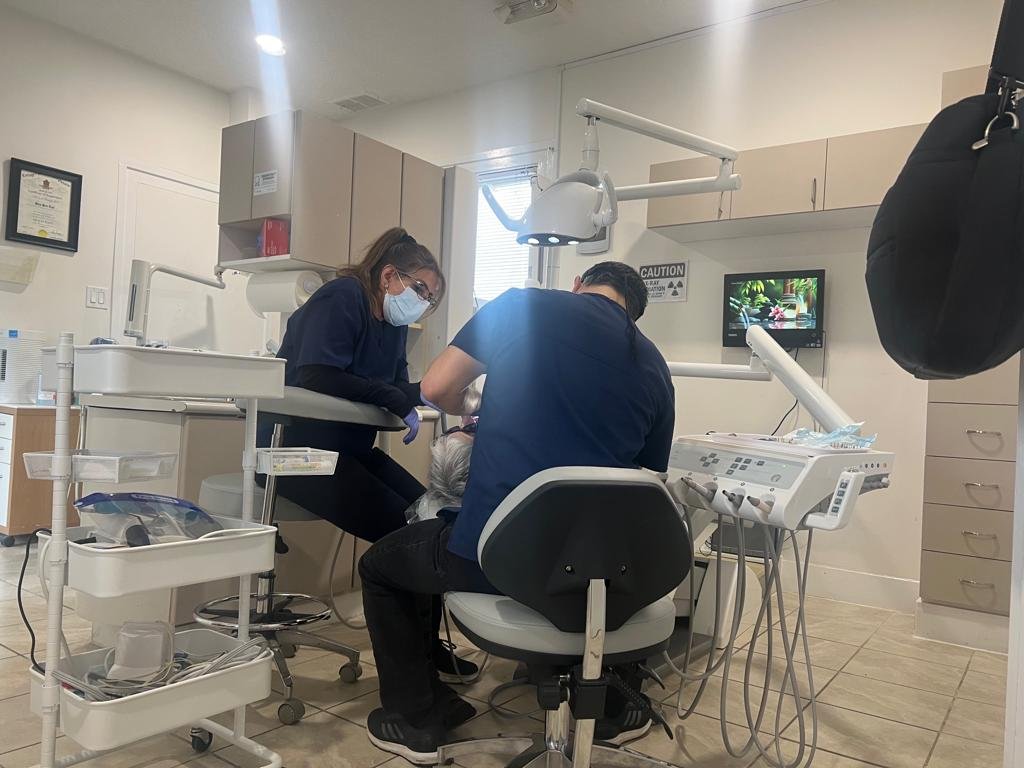Dental implants have revolutionized tooth replacement, providing a long-lasting and natural-looking solution. However, in rare cases, complications such as a perforated sinus can occur during or after the dental implant procedure. At Richmond Hill Smile Centre, a trusted dental service company in Richmond Hill, Ontario, Canada, we want to ensure you are well-informed about this potential complication. In this comprehensive guide, we will explore the symptoms, causes, and treatment options for a perforated sinus after a dental implant. Understanding these signs will help you seek prompt dental care and ensure successful implant integration.
Understanding the Sinus and Dental Implants
The sinus, located above the upper jawbone, is a hollow cavity that helps regulate airflow and mucus production. In some cases, dental implants in the upper jaw may inadvertently penetrate the sinus membrane, resulting in a perforated sinus. This complication can occur during implant placement or due to post-operative factors such as implant failure or inadequate healing.
Symptoms of Perforated Sinus After Dental Implant
Persistent Nasal Congestion: A common symptom of a perforated sinus is ongoing nasal congestion that does not respond to usual treatments. The affected individual may experience difficulty breathing through the nose, leading to discomfort and a sense of nasal obstruction.
- Sinus Pressure and Pain: Sinus pressure and pain can occur due to inflammation or infection resulting from the perforation. The pain is typically localized around the affected sinus and may worsen when bending forward or during sudden changes in altitude.
- Persistent or Recurrent Sinus Infections: A perforated sinus can create an opening for bacteria to enter the sinus cavity, leading to persistent or recurrent sinus infections. Symptoms may include facial pain, postnasal drip, yellow or green nasal discharge, and a reduced sense of smell.
- Oral Symptoms: Some individuals may experience oral symptoms such as bad breath (halitosis), an unpleasant taste in the mouth, or a feeling of fullness or pressure in the upper teeth.
Treatment Options and Prevention
If you suspect a perforated sinus after a dental implant, it is crucial to seek immediate dental care at Richmond Hill Smile Centre. Treatment options may include:
- Antibiotics: If an infection is present, antibiotics may be prescribed to combat the bacterial invasion and promote healing.
- Sinus Lift and Grafting: In cases of significant perforation, a sinus lift procedure may be necessary. This involves elevating the sinus membrane and placing a bone graft to restore proper anatomy and support implant stability.
- Surgical Repair: In complex cases, surgical repair may be required to close the perforation and prevent further complications.
To prevent a perforated sinus during a dental implant procedure, your dental professional at Richmond Hill Smile Centre will conduct a thorough assessment of your sinus anatomy using advanced imaging techniques. Proper treatment planning and precise implant placement techniques can minimize the risk of this complication.
At Richmond Hill Smile Centre, we prioritize patient safety and comprehensive dental care. Recognizing the symptoms of a perforated sinus after a dental implant is crucial for timely intervention. If you experience any of the aforementioned symptoms, do not hesitate to contact our experienced dental team. We are here to provide the necessary treatment and support to ensure the success of your dental implant procedure and promote your overall oral health and well-being.



